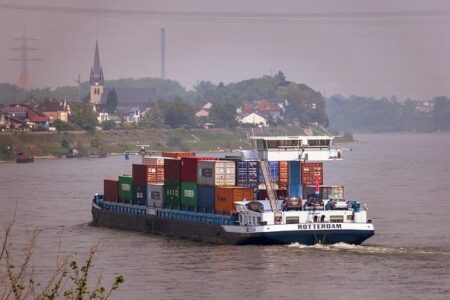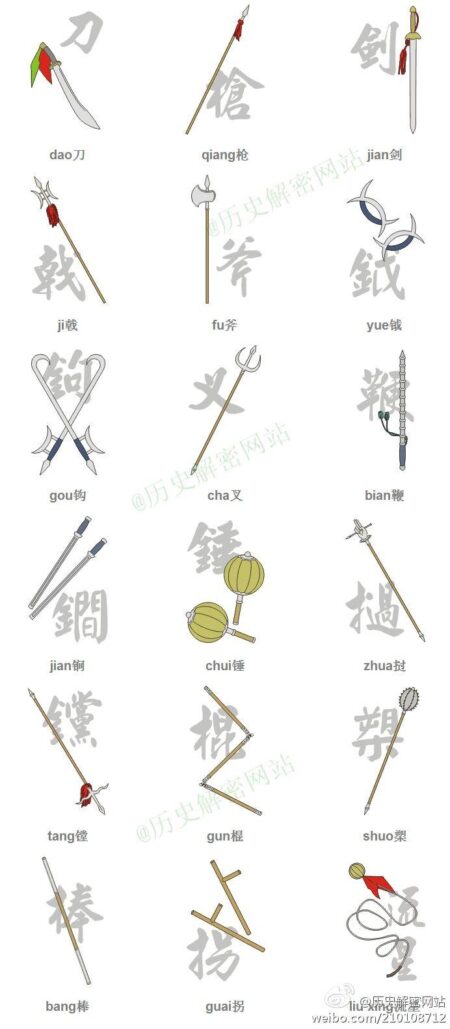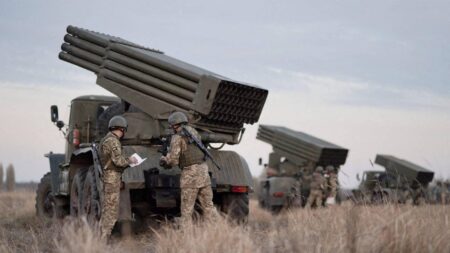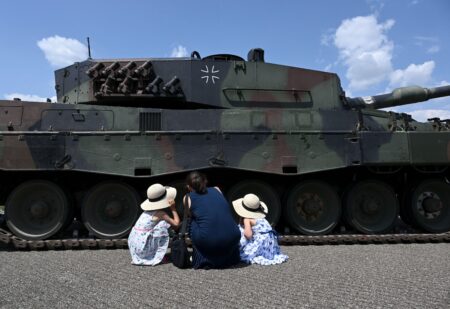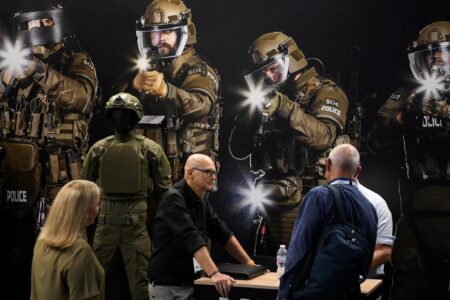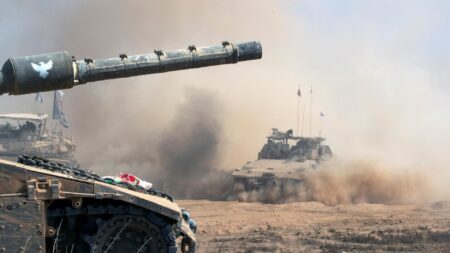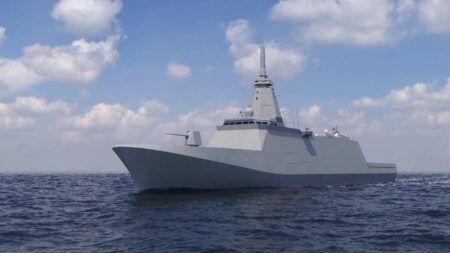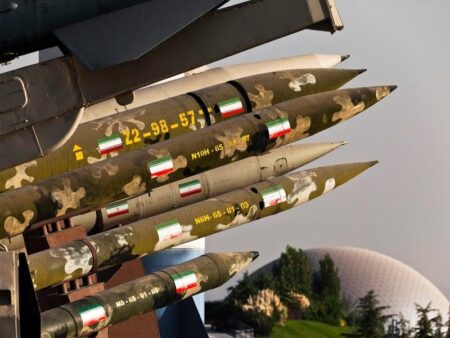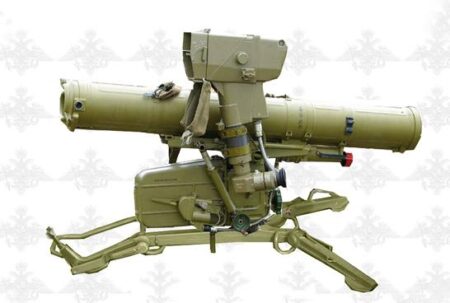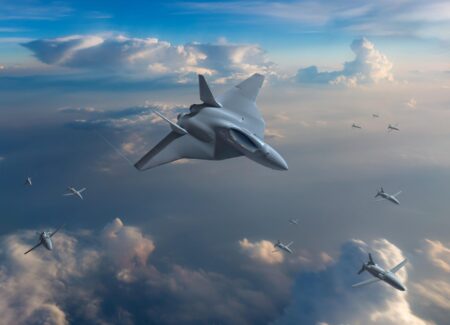Japan has accused the U.S. of failing to meet its commitments on $6.9 billion in arms supply contracts, raising serious concerns about major delays and delivery issues. This dispute highlights the ongoing hurdles in defense cooperation between the two allies
Browsing: Arms Trade
Germany and France are caught in a fierce showdown over the U.S. arms purchase, unfolding amid a colossal €90B EU loan to Ukraine. This intense clash is igniting tensions within the bloc as allies wrestle with defense spending priorities and how best to back Ukraine in its relentless fight
China has strongly condemned Japan’s plans to export missiles to the Philippines, sparking serious concerns about regional security. On the other hand, Tokyo views this decision as a vital step to strengthen defense amid rising tensions in East Asia
Germany is gearing up to resume arms exports to Israel following the recent ceasefire, reversing its previous halt during the conflict. This move underscores Berlin’s unwavering commitment to bolstering Israel’s security, according to BBC reports
Spain’s high court has launched a groundbreaking investigation into a top steelmaker over alleged business connections with an Israeli arms company. This probe casts a sharp spotlight on potential legal and ethical violations amid growing public concern
Chinese weapons dramatically altered the course of the recent conflict between neighboring countries. With cutting-edge technology and expertly managed supply routes, the battlefield was transformed, intensifying the war and sparking urgent concerns about regional security
Germany has approved €2.46 million in arms exports to Israel, ending a partial freeze amid escalating tensions. This decision underscores the delicate balancing act of defense cooperation in a complex and volatile geopolitical landscape
Germany’s €80 billion defense shopping spree thrusts European arms into the spotlight, sidelining US weapons and signaling a bold new direction in procurement strategy. This decisive move underscores Berlin’s dedication to boosting domestic industries in the face of mounting security challenges
Following escalating tensions in Algeria, the Rif separatist party is reportedly attempting to arm itself by acquiring weapons from Spain. This alarming move heightens regional security fears amid the widespread unrest gripping North Africa
The UK has taken a bold stand by banning Israeli government officials from the London arms fair, reflecting growing global concern over the devastating war in Gaza. This move highlights rising international alarm about the severe impact of the conflict on human rights
Germany has announced it will halt military exports to Israel amid the ongoing Gaza conflict, expressing deep concerns over the use of German-made weapons in the war, Al Jazeera reports
Weapon sales to Israel have been suddenly stopped following the green light for a highly controversial Gaza war plan, sources reveal. This bold move underscores mounting international concern over the escalating conflict in the region, reports Time Magazine
Australia’s new frigate deal with Japan is set to bridge vital naval capability gaps, but it also raises important questions about supply chain dependencies and the country’s strategic independence. Experts warn that although this partnership brings substantial benefits, it comes with significant geopolitical challenges
Following escalating tensions with Israel, Iran is making a bold pivot in its military strategy-turning away from Russia and setting its sights on China to acquire advanced weaponry. This daring shift marks a significant realignment in Tehran’s defense partnerships
Spain’s decision to enforce an arms embargo on Israel has sparked a fiery domestic debate, with critics questioning its impact on national interests and defense alliances. This move highlights growing tensions within Spain over its foreign policy approach to the Israel-Palestine conflict
The UK has lifted sanctions on Serbian arms dealer Slobodan Tešić, while he continues to face blacklisting by the US. This move underscores the differing international approaches to enforcement and ignites a debate over global consistency
Spain has suddenly pulled the plug on its contract for anti-tank missiles produced by an Israeli subsidiary, sparking concerns over performance problems and frustrating delivery delays, reports AP News. This unexpected decision is sending shockwaves through the nation’s defense procurement strategy
A Trump surrogate sharply criticized India for purchasing Russian weapons, cautioning that this move could severely strain US-India relations. According to the Times of India, this statement highlights the ongoing hurdles in the defense partnership between the two nations
China’s quiet stance on arms shipments to Pakistan stands in stark contrast to India’s bold showcase of military power, underscoring escalating regional tensions as New Delhi ramps up its defense strategy amid shifting geopolitical landscapes
As President Emmanuel Macron embarks on his visit to Jakarta, Indonesia and France are diving into exciting discussions about potential agreements on cutting-edge fighter jets and advanced submarines. These talks highlight a strengthening defense partnership, driven by escalating regional security concerns and a shared commitment to military modernization.




